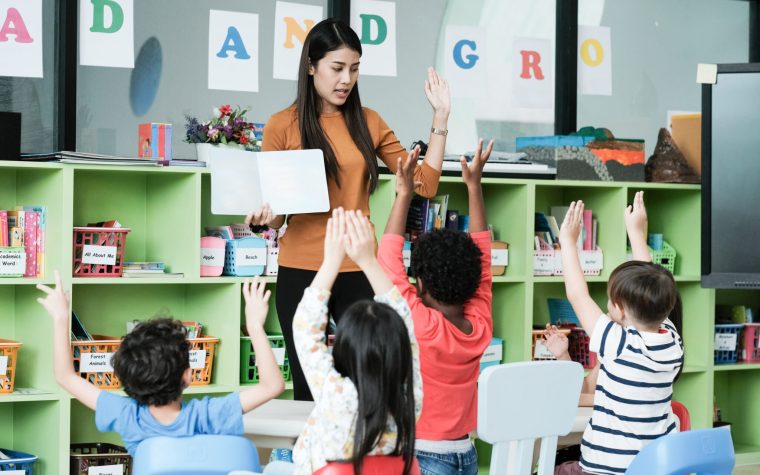Saturday, April 20, 2024
Check This Out
Menu

All Rights Reserved © 2024. Texas Association For the Gifted and Talented.
Website designed and managed by 8 SIGNAL
Disclaimer: The views and opinions expressed in TEMPO+ articles and advertisements do not necessarily reflect a TAGT position. Articles shared are intended to inform members about the conversations affecting those in our field.